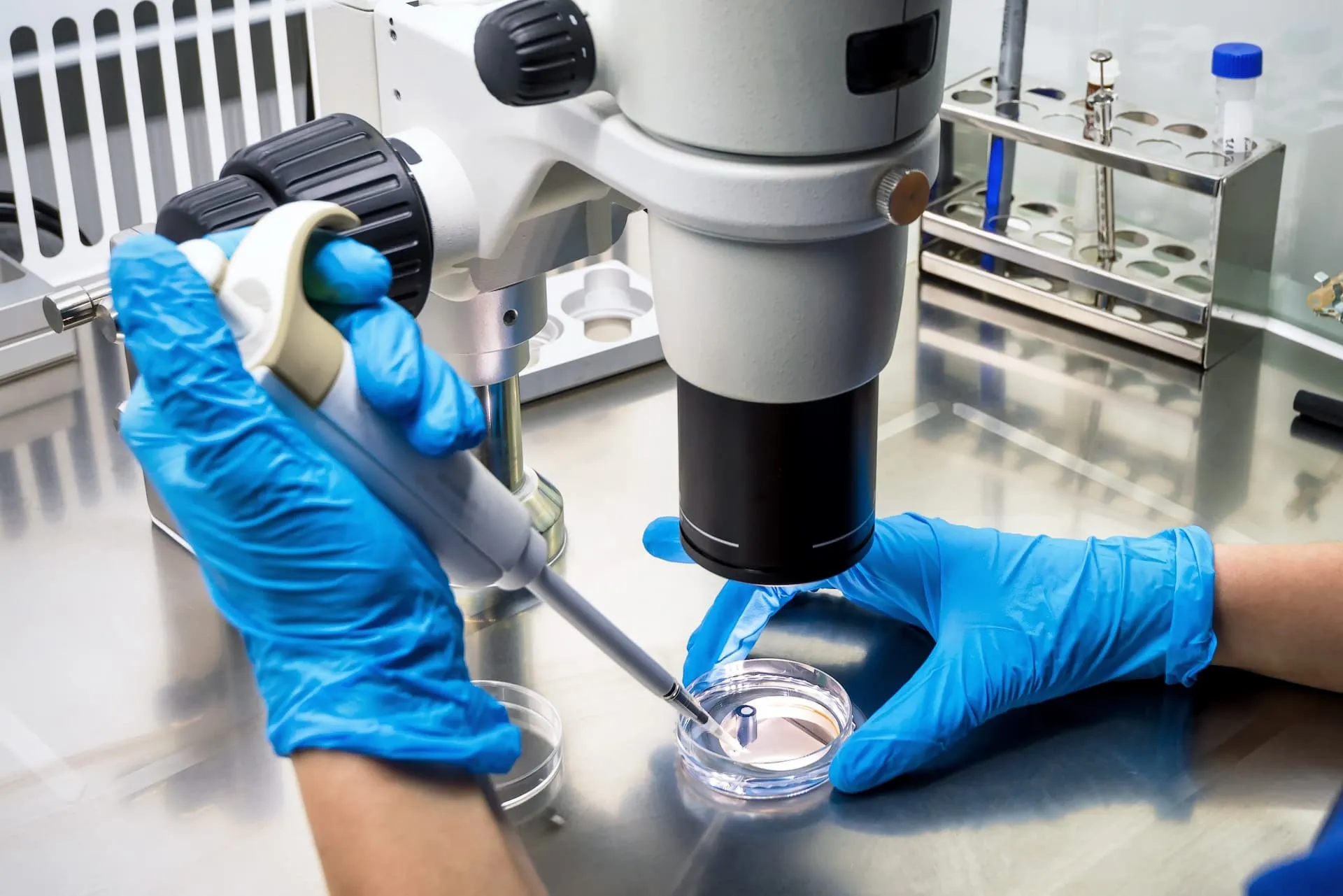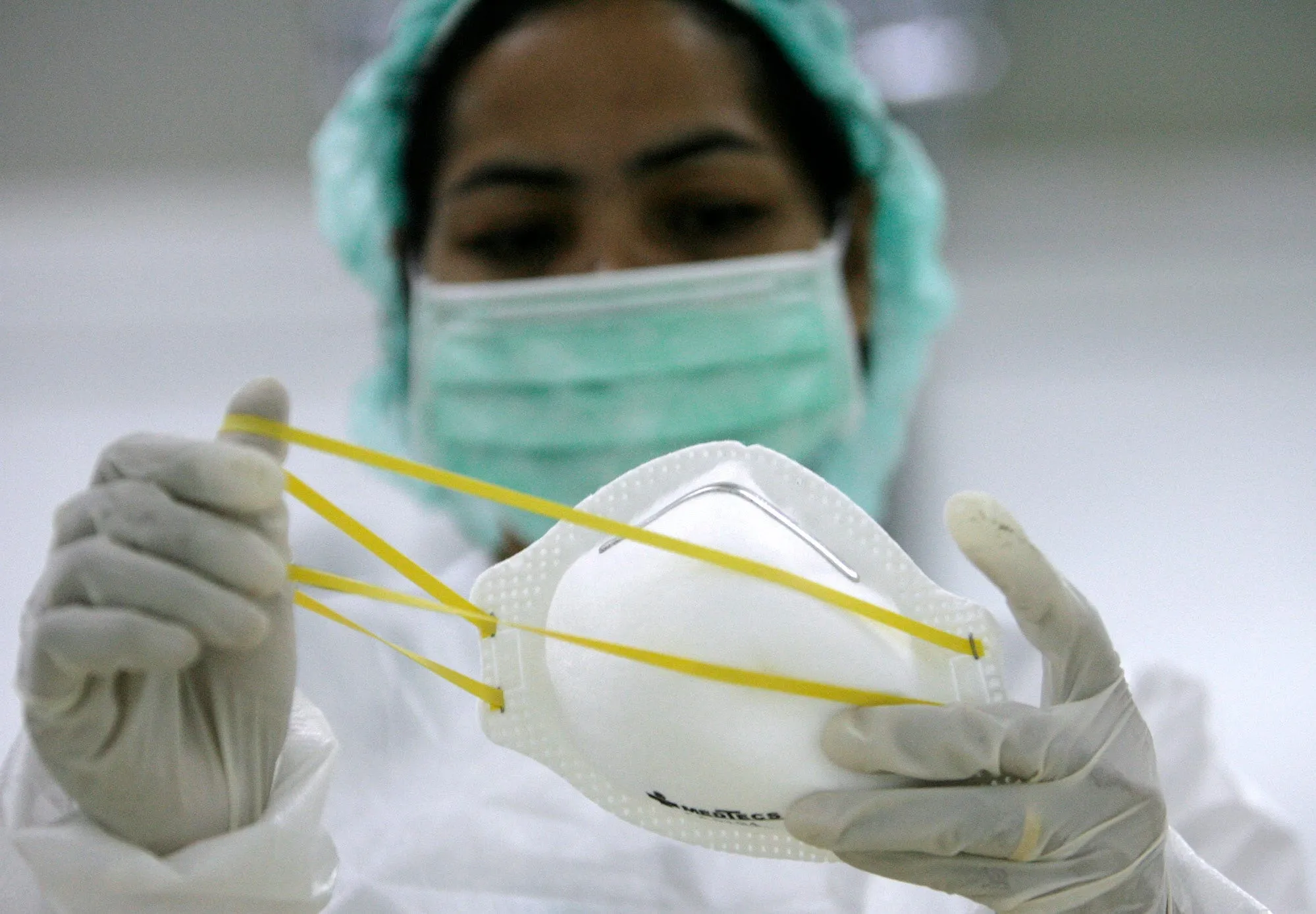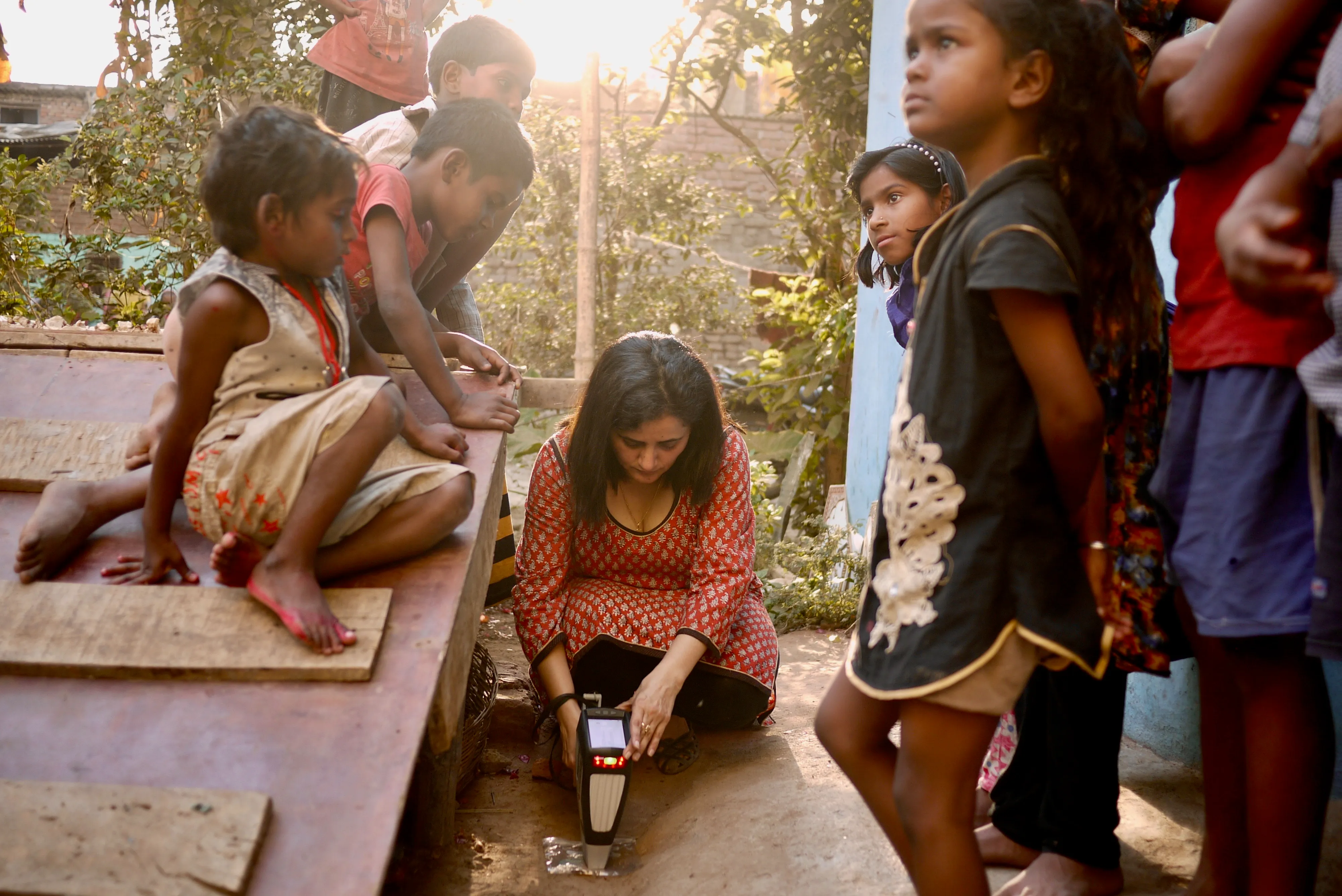Harnessing AI to develop the first new class of antibiotics this generation
Problem The Collins Lab at MIT will harness the power of artificial intelligence to dramatically expand our antibiotic arsenal, helping us to fight deadly infections that threaten millions of lives.
Relevant Stats
Paragraph introducing any relevant stats.

Project
Description
Problem
According to the Centers for Disease Control and Prevention, someone in the US acquires a drug-resistant infection every 11 seconds; every 15 minutes, someone dies as a result of one. With the outbreak of the novel coronavirus, the global toll has become more significant. Rampant misuse and overuse of antibiotics in the treatment of humans, in the rearing of livestock, and even in plants, has allowed antibiotic resistance to flourish. The relentless evolution of antibiotic-resistant bacteria and a dwindling antibiotic discovery pipeline have resulted in an antimicrobial resistance (AMR) crisis. By 2050, it’s projected that AMR will lead to 10 million deaths annually, surpassing cancer. There’s a critical need for new antibiotics — and yet pharmaceutical companies have largely abandoned the space in favor of more lucrative markets.
Big Idea
With Audacious investment, Phare Bio, in partnership with Collins Lab at MIT will launch the Antibiotics-AI Project, which over seven years will develop seven new classes of antibiotics to treat seven of the world’s deadliest bacterial pathogens. This will represent a significant increase in the number of unique antibiotic classes that have been developed in the last 90 years — and will be the first new classes in over three decades. The team has set their sights on treatments for the superbugs most likely to infect and kill humans over the next 30 years, specifically (1) Escherichia coli, (2) Klebsiella pneumoniae, (3) Acinetobacter baumannii, (4) Pseudomonas aeruginosa, (5) Neisseria gonorrhoeae, (6) Staphylococcus aureus, and (7) Mycobacterium tuberculosis. By tackling them, the Antibiotics-AI Project will prevent millions of deaths, while dramatically enhancing our capability to develop new antibiotics and to treat existing and emerging resistant infections.
Plan
The Antibiotics-AI Project leverages advances in machine learning by applying computational techniques to screen unprecedented numbers of molecules. First, the team will create a 100,000-compound training library. They will then screen these compounds against seven deadly target pathogens, to learn which molecules exhibit activity. These data will be used to train machine learning models that will be applied to computer-based libraries of over a billion molecules, to identify novel antibiotics and design them from scratch. This will be done on a pathogen-by-pathogen basis, and in each case, they will synthesize and test the top predictions. They will then test the effectiveness of these compounds against infections in mice, and advance the most promising candidates to clinical trials.
Why will this succeed?
Housed at the Massachusetts Institute of Technology (MIT), Collins Lab is a leader in antibiotics, bioengineering, and machine learning. This interdisciplinary team of world-class bioengineers, microbiologists, computer scientists and chemists conducted small-scale, proof-of-concept work that resulted in the discovery of halicin, which has potent antibacterial activity against some of the world’s deadliest antibiotic-resistant bacterial pathogens. Additionally, they have a strong track record of translating their bioengineering and machine learning advances commercially and clinically, having partnered with over 25 companies across biotech and pharma.
Support
Help the fight against this pandemic that threatens millions of lives, donate to the COVID-19 Fund at MIT
Project Impact
Recent Updates


Harvard Magazine
Engineering life - synthetic biology and the frontiers of technology
Engineering life - synthetic biology and the frontiers of technology
Synthetic biology,or the application of engineering principles to the design of life, presents world-changing prospects.


Business Insider
Harvard and MIT researchers are developing a face mask that lights up when it detects the coronavirus
Harvard and MIT researchers are developing a face mask that lights up when it detects the coronavirus
For the past six years, bioengineers at MIT and Harvard have been developing sensors that can detect viruses including the ones that cause Zika and Ebola. They're adapting their technology to screen for the new coronavirus.



.webp)



.jpg)








.jpg)

